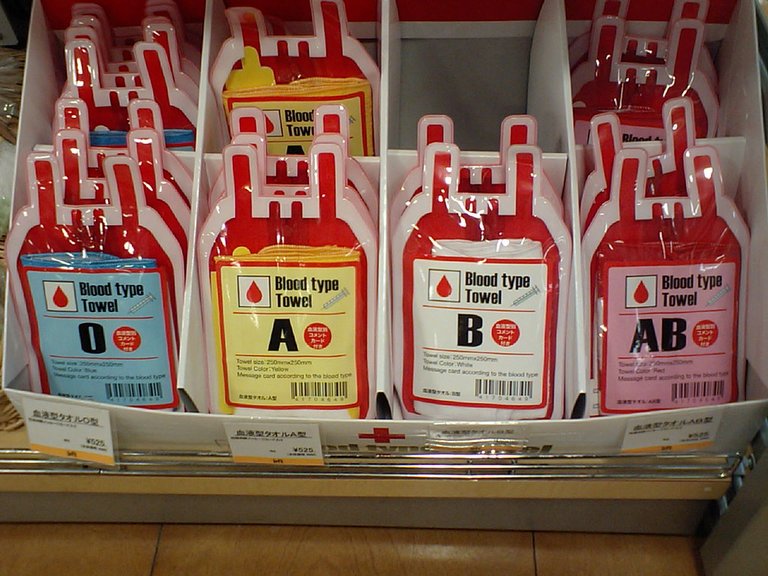Understanding Your Blood Type and Its Importance
Do you know your blood type? That is one question that usually put people on the spot as so many people do not know their blood types. You see, your blood type can tell a lot about you and the type of diseases that you might experience. So today, let's discuss the blood group in full.
Blood groups are determined by the presence or absence of certain antigen. There are over 40 systems of grouping blood but we are usually interested in two types. Antigens are foreign particles that trigger the body's immune response to protect itself. When the immune system recognizes a particular antigen as foreign, it would trigger a whole response which is targeted at destroying the antigen but when it see it as own, it doesn't trigger any immune response.
As previously mentioned, there are over 40 classification of blood groups but we are only interested in the ABO and the Rh blood classification. With the ABO system, blood group is determined by the presence or absence of two antigens A and B on the surface of red blood cells. Depending on the antigen, a person's blood can be classified A, if the A antigen is found on the surface of the blood, B if the B antigen is found on the surface of the blood, AB if both antigens are present in the blood surface, and O if there are neither both antigens.
In the Rh classification, it depends on the presence or absence of a protein known as the Rh Factor which can either present which is positive (+) or absent which is negative (-). This gives rise to the A positive/negative, B positive/negative, O positive/negative, and AB positive/negative. In our world today, O+ is the most common blood type followed by A+ while AB- is the rarest of them all. O- blood group are quite rare but they are universal donors as their blood group do not contain any antigen neither does it contain any Rh factor protein. When it comes to plasma donation, people with blood group AB positive are universal donors because they do not have any circulatingg antibodies against thee A or B antigens in their body and they are also universal recipients of blood.
During blood transfusion, people given a blood type different from their with antigen-antibody reaction will be suffering from an ABO incompatibility reaction which can be fatal. We inherit one copy of each gene from our parents. There are cases with people who have extremely rare blood type with just over 60 people having it worldwide and the blood group is known as Rh null. The red blood cells are very fragile than normal and it has no advantages to the person who has the blood type and they can only receive blood from the same blood type.
Knowing your blood type is important for both health and medical emergencies. It can influence your susceptibility to certain diseases and ensure safe blood transfusions. If you don't know your blood type, consider getting tested. It's a small step that can have significant implications for your health and well-being.
Reference
https://www.ncbi.nlm.nih.gov/pmc/articles/PMC4260296/
https://www.nhs.uk/conditions/blood-groups/
https://www.ncbi.nlm.nih.gov/books/NBK585061/
https://pubmed.ncbi.nlm.nih.gov/21375204/
https://www.ncbi.nlm.nih.gov/pmc/articles/PMC6305262/

Thanks for your contribution to the STEMsocial community. Feel free to join us on discord to get to know the rest of us!
Please consider delegating to the @stemsocial account (85% of the curation rewards are returned).
Thanks for including @stemsocial as a beneficiary, which gives you stronger support.
It has become common awareness to understand our genotype but not the same for our blood group, great post friend.